Steve Marsling: Postal Worker to ANC supporter. A film dedicated to his and others’ struggle against Apartheid
Young Workers May 18 2016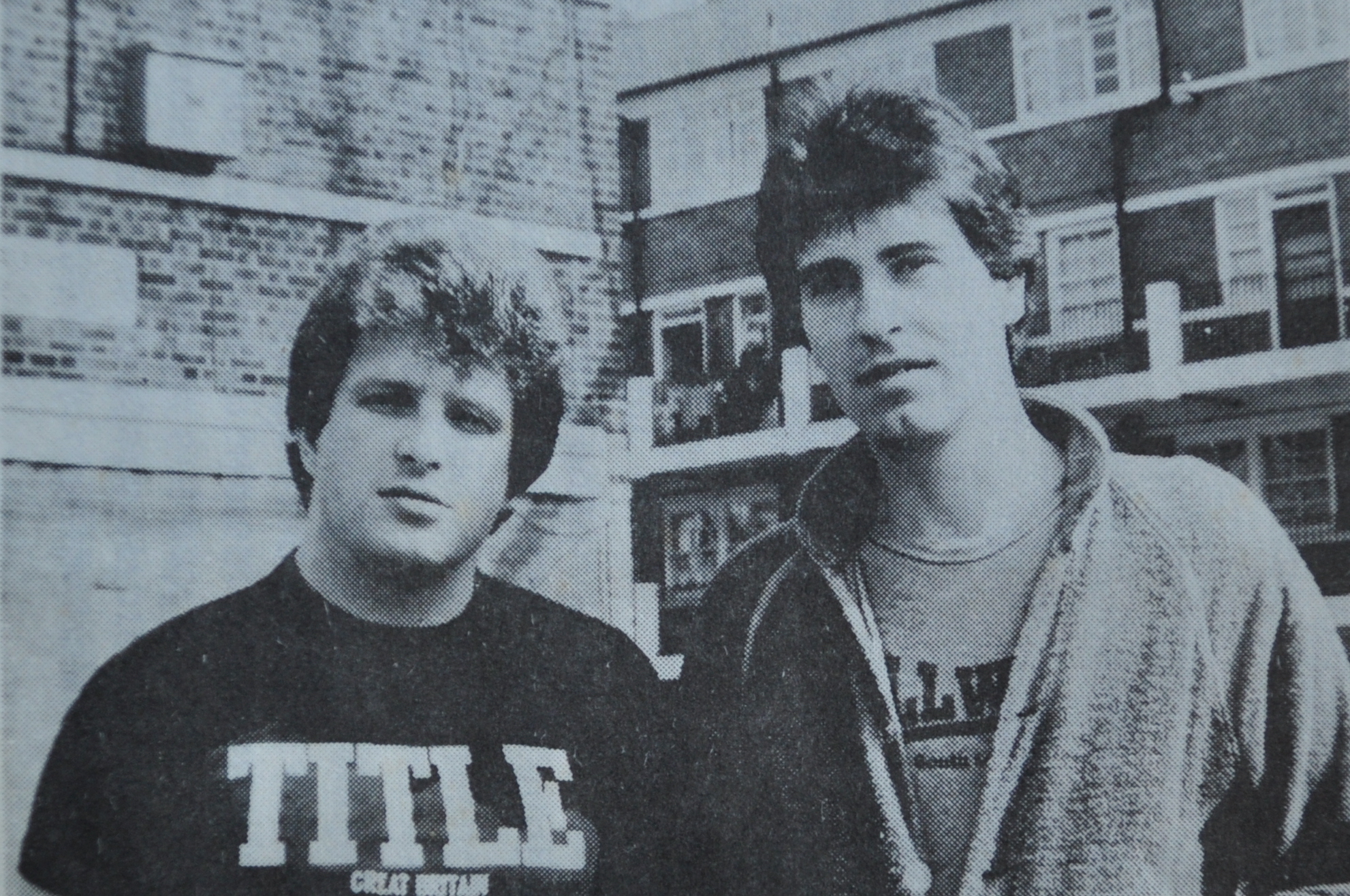 Nearly 50 years ago, two young activists boarded a plane destined for Cape Town, South Africa, armed with carefully concealed low-grade explosives and ANC leaflets in fibreglass-bottomed suitcases. The duo comprised of 22-year-old Sean Hosey and Steve Marsling, a 20-year-old South Londoner from Elephant and Castle, and past member of CWU predecessor, the Union of Postal Workers (UPW).
Nearly 50 years ago, two young activists boarded a plane destined for Cape Town, South Africa, armed with carefully concealed low-grade explosives and ANC leaflets in fibreglass-bottomed suitcases. The duo comprised of 22-year-old Sean Hosey and Steve Marsling, a 20-year-old South Londoner from Elephant and Castle, and past member of CWU predecessor, the Union of Postal Workers (UPW).
Son of trade unionists, Steve’s curiosity for politics was present from a young age. First affiliated with UPW during his 18-month stint as a postal worker for the General Post Office (GPO) from 1967, Steve joined the rank and file membership of a number 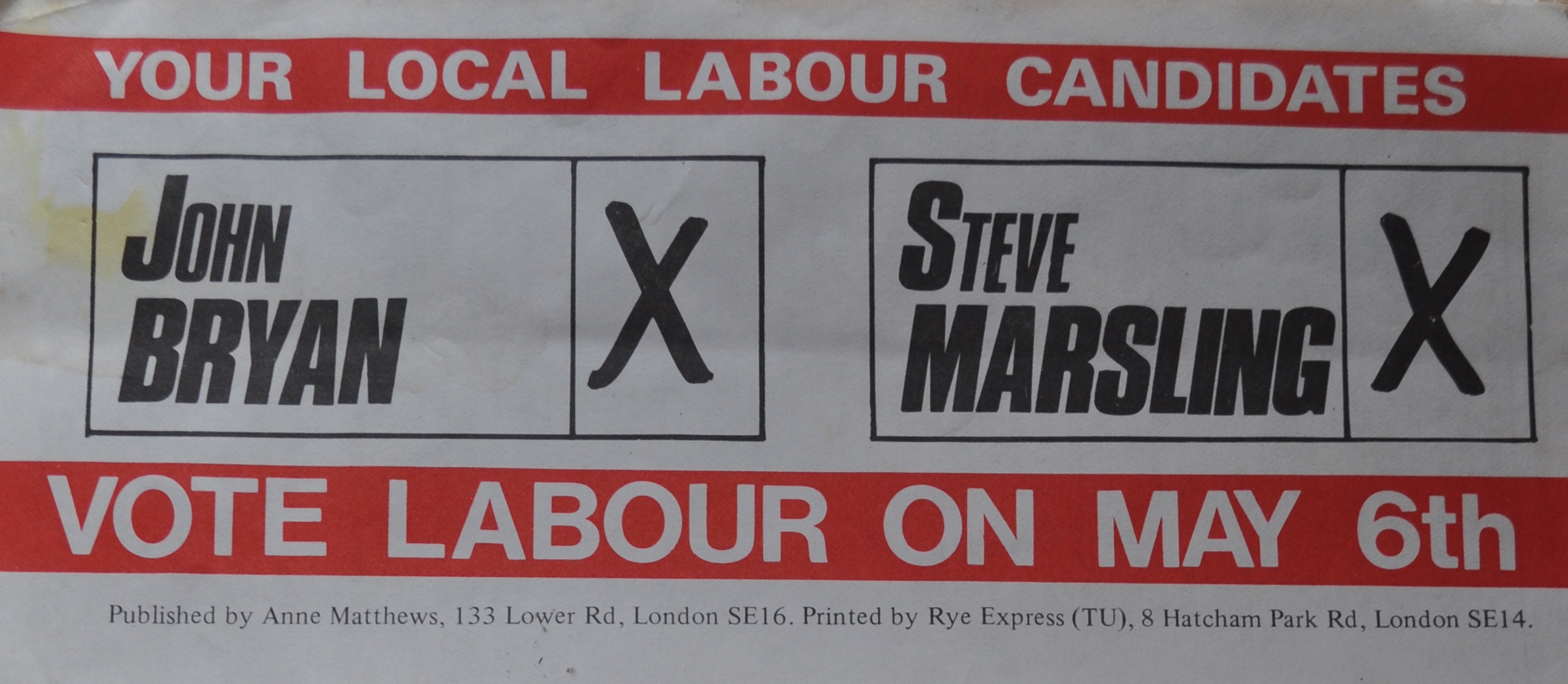 of unions during his working life. “When you join a union, you’re involved in your union branch. You think about people’s work and people’s disputes in a different light, you become more curious,” said Steve, when probed about his early politicisation. He recalls: “Where I grew up, you voted and you voted Labour, they didn’t count the Labour votes, they weighed them.”
of unions during his working life. “When you join a union, you’re involved in your union branch. You think about people’s work and people’s disputes in a different light, you become more curious,” said Steve, when probed about his early politicisation. He recalls: “Where I grew up, you voted and you voted Labour, they didn’t count the Labour votes, they weighed them.”
At the age of 18, a chance meeting over a post cricket match pint at the Oval led Steve to join the Young Communist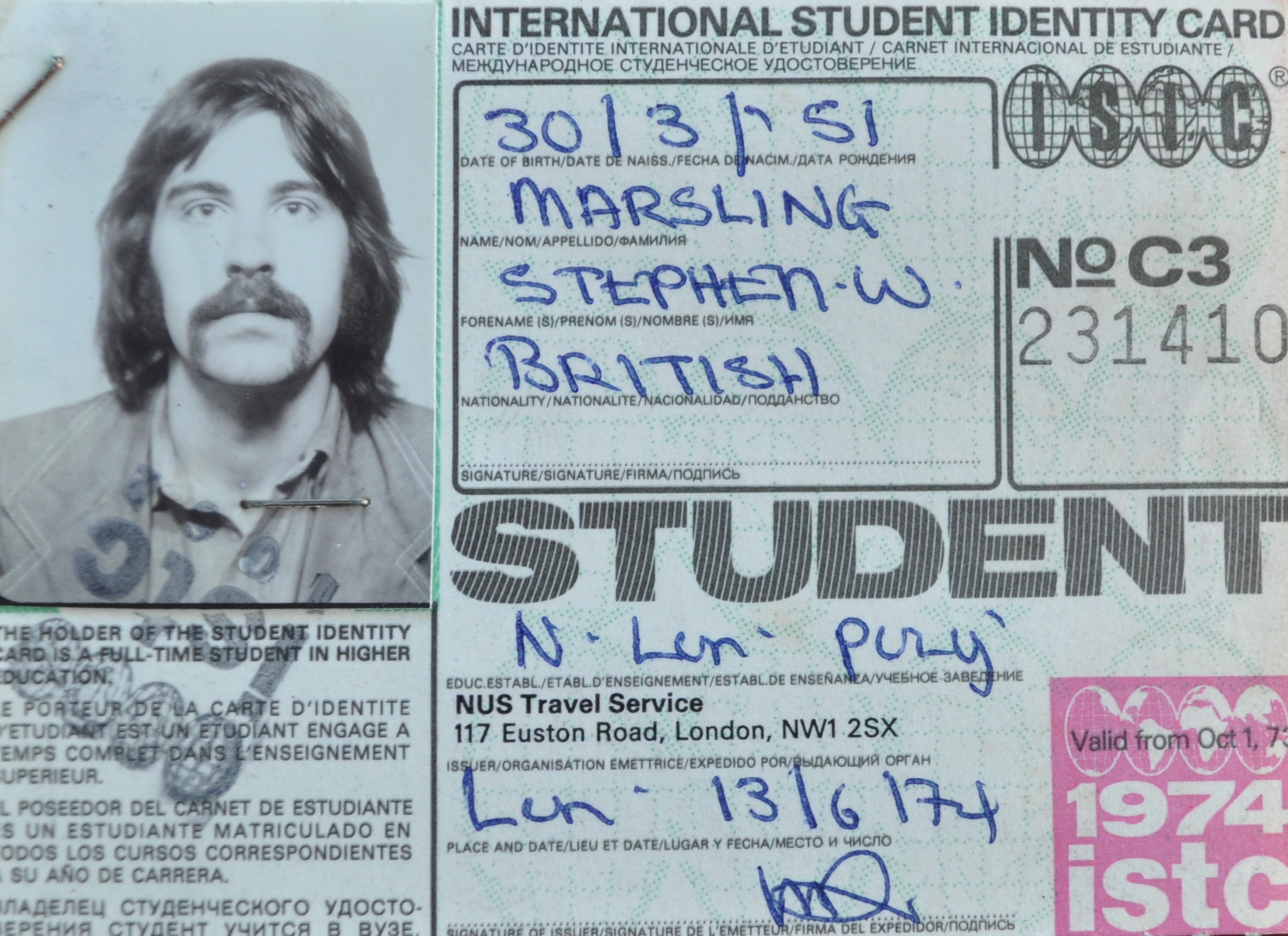 League (YCL), Brixton branch. Quickly immersing himself in political activity, Steve met weekly with the YCL on Brixton High Street and sold Challenge’, the YCL newspaper. “Thanks to the Young Communist League, I started reading books,” said Steve. “I’m not just talking about political books. I mean, Shakespeare and other literature. When people ask me where I went to school, I often tell them the YCL in South London because that’s where I considered myself educated.”
League (YCL), Brixton branch. Quickly immersing himself in political activity, Steve met weekly with the YCL on Brixton High Street and sold Challenge’, the YCL newspaper. “Thanks to the Young Communist League, I started reading books,” said Steve. “I’m not just talking about political books. I mean, Shakespeare and other literature. When people ask me where I went to school, I often tell them the YCL in South London because that’s where I considered myself educated.”
In 1971, referred by fellow YCL member and District Secretary Bob Allen, Steve met Ronnie Kasrils. Ronnie, then an exiled South Africa freedom fighter and ANC operative working undercover in London, recruited Steve into a secret plan orchestrated by ANC leader Oliver Tambo. A staunch anti-racist, Steve’s recruitment was a natural continuation of his strong class-consciousness, critical of the ruling elite and oppression enacted by those in power to ‘divide and rule’ the rest of society. For Steve apartheid was not only discrimination in its most blatant form but the manifestation of a system of capitalist oppression.
At a desperate interlude in the liberation movement, where internal resistance had been crushed, Steve’s allegiance 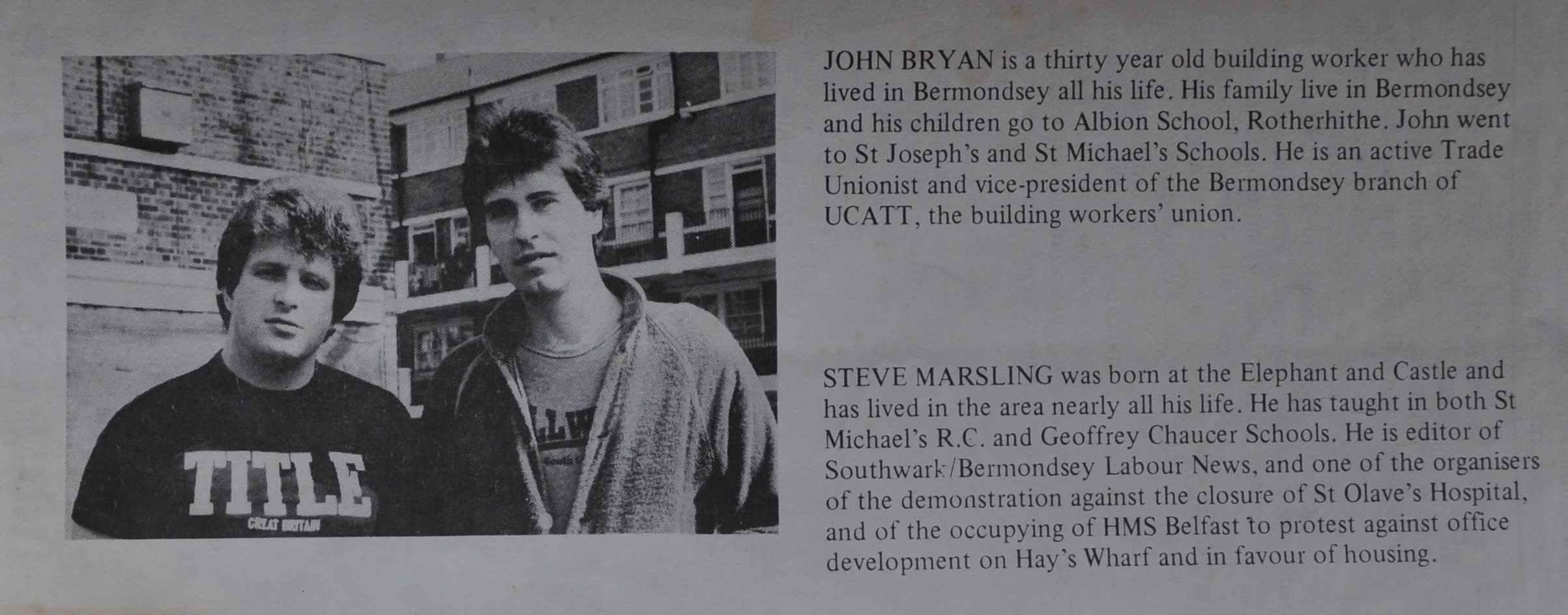 with the ANC and activism for his South African counterparts was indicative of his idealism and sense of international solidarity. Noting the political fervor at that time, Steve recalled trade union activism as the root of his growing political consciousness. “That’s how you begin to see, and open up your ideas as to both national and international politics. It’s a question of whose side are you on and I got that really quickly, I was on the side of the working class throughout the world, in Turkey, Russia, Argentina, and what was good for them was good for me.”
with the ANC and activism for his South African counterparts was indicative of his idealism and sense of international solidarity. Noting the political fervor at that time, Steve recalled trade union activism as the root of his growing political consciousness. “That’s how you begin to see, and open up your ideas as to both national and international politics. It’s a question of whose side are you on and I got that really quickly, I was on the side of the working class throughout the world, in Turkey, Russia, Argentina, and what was good for them was good for me.”
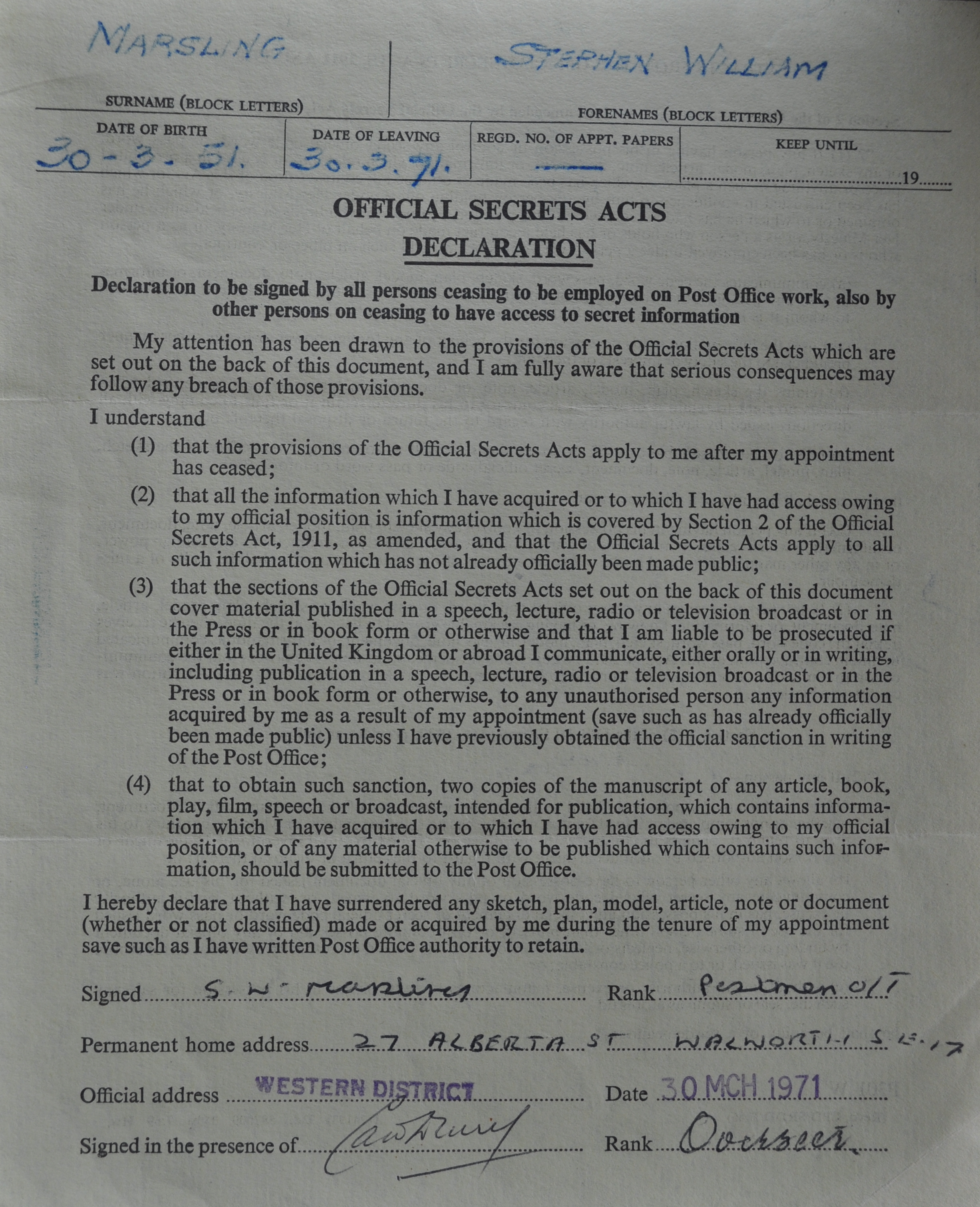 Arriving in Cape Town in August 1971, Steve and Sean were under strict orders to blend in’, exploiting the South Africa’s whites only’ policy to attack Vorster’sregime from within. Donning long macs in attempt to conceal the infamous bucket bombs’ containing a medium charge firework-like explosive, the changeable weather rendered them conspicuous in a sea of vest tops, shorts and skirts. Yet after days of careful reconnaissance, five detonated bucket bombs and one near miss later that came close to rendering Steve a “one armed socialist”, the recruits activities made front-page news, sending ripples of hope to the black population of South Africa. “It was important to let the majority population know that the ANC hadn’t gone away,” says Steve, reflecting on his role within the wider spectrum of the liberation struggle. “I’m proud to have played a part in a great victory for peace and internationalism.”
Arriving in Cape Town in August 1971, Steve and Sean were under strict orders to blend in’, exploiting the South Africa’s whites only’ policy to attack Vorster’sregime from within. Donning long macs in attempt to conceal the infamous bucket bombs’ containing a medium charge firework-like explosive, the changeable weather rendered them conspicuous in a sea of vest tops, shorts and skirts. Yet after days of careful reconnaissance, five detonated bucket bombs and one near miss later that came close to rendering Steve a “one armed socialist”, the recruits activities made front-page news, sending ripples of hope to the black population of South Africa. “It was important to let the majority population know that the ANC hadn’t gone away,” says Steve, reflecting on his role within the wider spectrum of the liberation struggle. “I’m proud to have played a part in a great victory for peace and internationalism.”
Unbeknown to Steve and Sean at the time, other young women and men were operating under Ronnie’s orders. Working undercover in other major South African cities, they too risked their freedom in the name of South African liberation. Posting ANC literature, detonating bucket bombs containing political pamphlets and playing rousing speeches from handmade speakers were all vital actions that sent shockwaves through the country.
Under the catch all Suppression of Communist Act’ the recruits risked jail time where solitary confinement and torture were inevitable. Devastatingly, in a later mission, the South African secret police (BOSS) captured and imprisoned Sean Hosey. Steve continued to rally his efforts against the regime. “After Sean was captured and I couldn’t go back, I worked very closely with the South African Non-Racial Olympic Committee and also the anti-apartheid movement.”
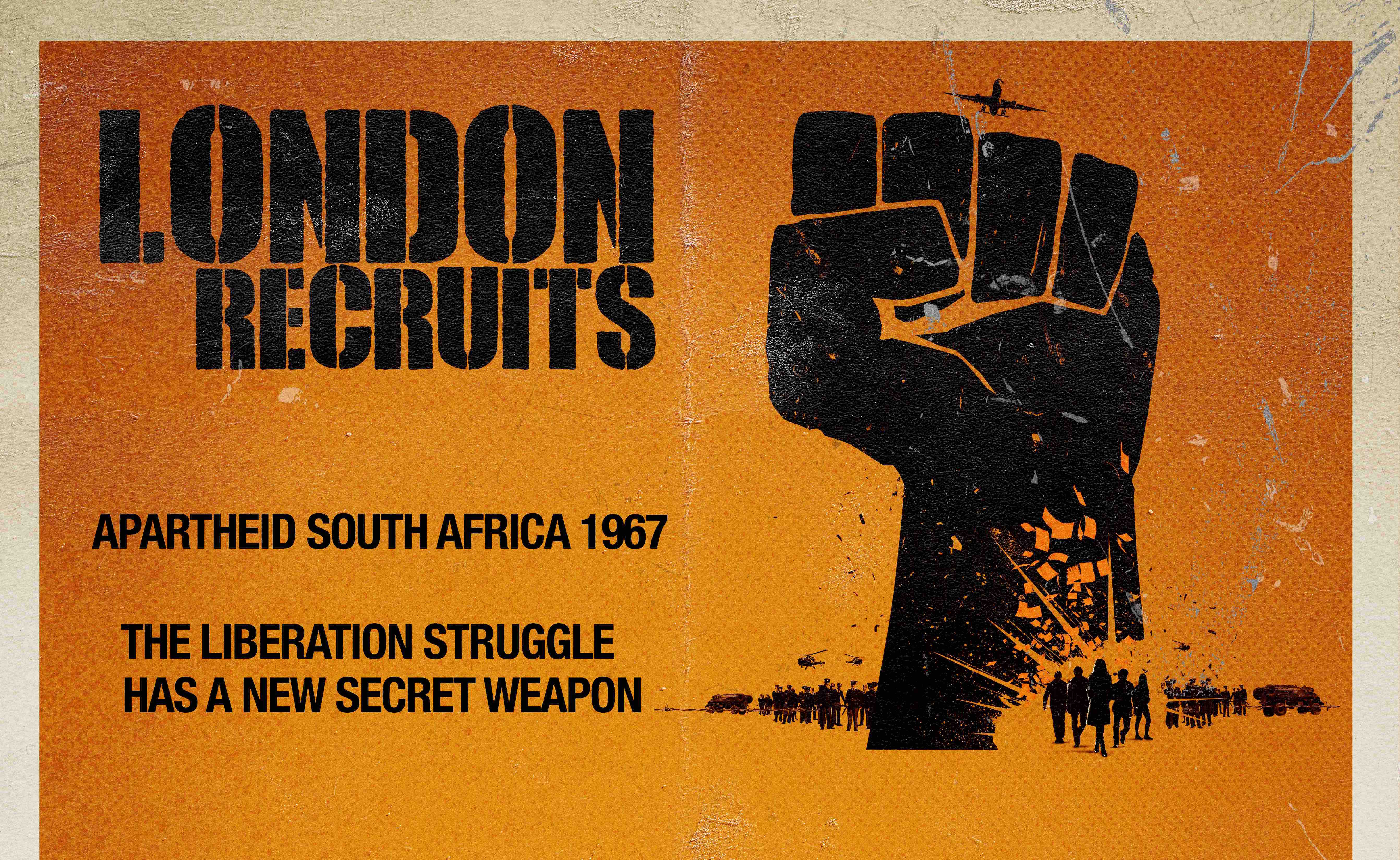 London Recruits chronicles a proud chapter in the global anti-apartheid struggle that for decades has been kept secret for risk of those involved. Now it is a celebration of an incredible moment, through which dozens of young women and men had the courage to pursue internationalism and solidarity with South Africans struggling against apartheid.
London Recruits chronicles a proud chapter in the global anti-apartheid struggle that for decades has been kept secret for risk of those involved. Now it is a celebration of an incredible moment, through which dozens of young women and men had the courage to pursue internationalism and solidarity with South Africans struggling against apartheid.
Article and images supplied with thanks from: London Recruits
Also listen to a podcast CWU Youth did with London Recruits: click here

